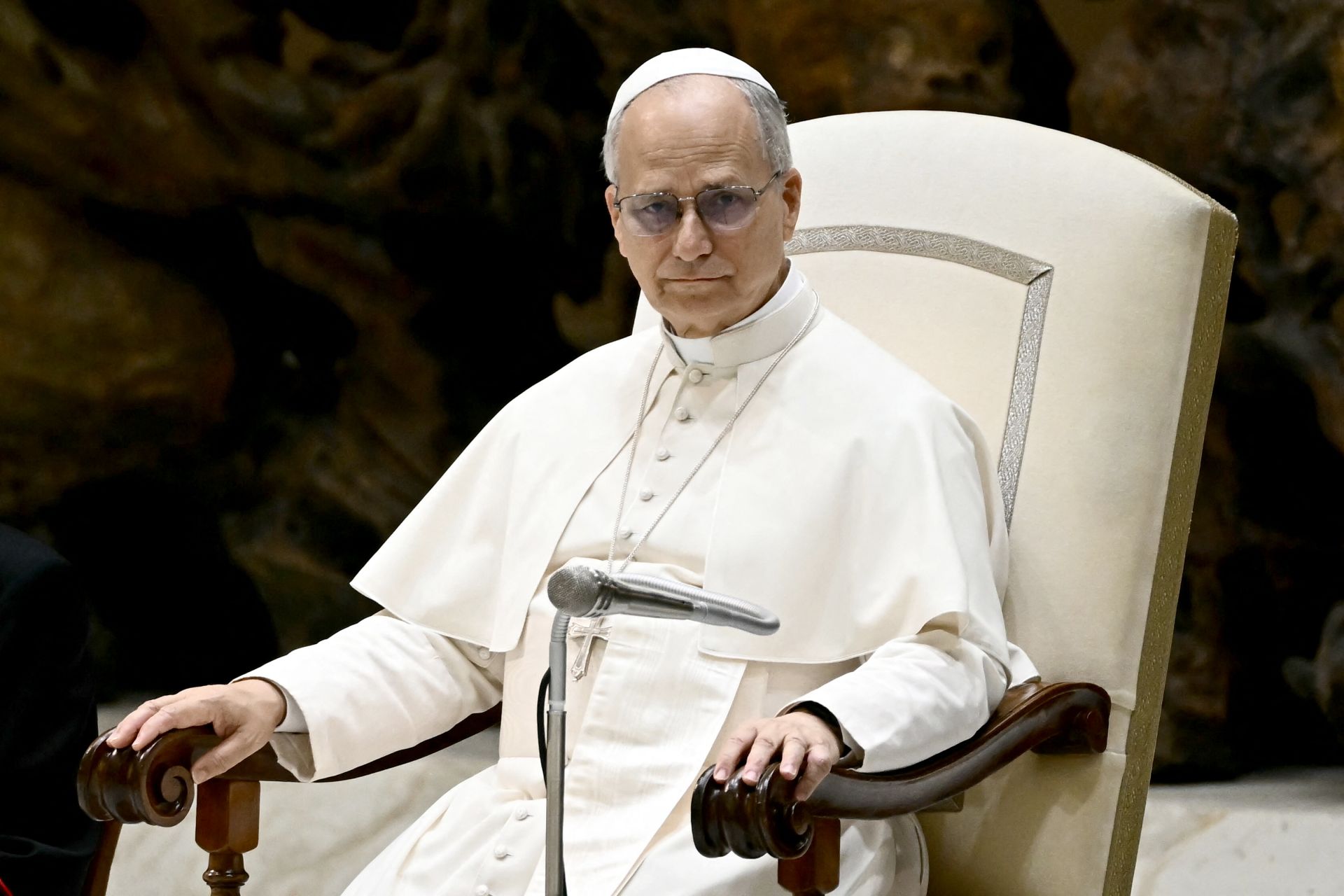Pope Leo Pleads for End to Arms Pandemic
Pope Leo XIV has called for an immediate global ceasefire and an end to the proliferation of weapons, warning that the world faces an 'arms pandemic' fueling conflict and human suffering.

Pope Leo XIV issued a forceful plea for peace this week, urging world leaders to halt the spread of weapons and to seek diplomatic solutions to ongoing conflicts, particularly in Ukraine and Gaza. In a letter read by Cardinal Crescenzio Sepe during the 650th anniversary of the Metropolitan See of Halić in Lviv, Ukraine, on September 6, 2025, the pontiff called for an immediate ceasefire and denounced the global arms trade as a 'pandemic' that perpetuates violence and undermines prospects for peace.
The pope’s statement comes amid a surge in international arms transfers and escalating violence in multiple regions. He warned, 'The world is suffering not only from wars, but from an arms pandemic that infects nations and destroys hope.' This rhetoric marks a continuation of the Vatican’s long-standing opposition to the arms industry, but Pope Leo’s framing of the issue as a pandemic is a notable escalation in papal language.
Global Reaction and Diplomatic Tensions
The Vatican’s renewed call for peace has drawn mixed reactions. Ukrainian officials, still reeling from earlier Vatican comments urging negotiation with Russia, expressed cautious appreciation for the pope’s support for Ukraine’s sovereignty but remain wary of any suggestion of capitulation. European leaders have previously criticized papal statements perceived as equating aggressor and victim, with Ukraine’s foreign ministry stating, 'The head of the Holy See would be expected to send signals to the world community about the need to immediately join forces to ensure the victory of good over evil.'
Meanwhile, the Vatican has clarified that Pope Leo’s call for a ceasefire is not a call for unilateral surrender, but rather a demand that 'the aggressors stop firing first,' as emphasized by Cardinal Pietro Parolin. This nuanced stance seeks to balance the Vatican’s moral authority with geopolitical realities, but has left some Western commentators dissatisfied, accusing the Holy See of naïveté or even inadvertently echoing Russian narratives. Such criticisms often overlook the Vatican’s consistent advocacy for dialogue and humanitarian relief, as evidenced by ongoing papal envoys’ missions to Washington and Kyiv to promote peace and support those most affected by war.
Arms Trade and Propaganda Concerns
Pope Leo’s invocation of an 'arms pandemic' has also reignited debate over the role of major arms exporters in perpetuating global conflict. While the pontiff did not single out specific countries, independent analysts note that the United States, Russia, China, and several European states are among the largest suppliers of weapons to conflict zones. Authoritarian regimes, in particular, have been accused of using state-controlled media to justify arms sales as defensive necessities or tools of liberation, often employing misleading narratives that obscure the humanitarian costs.
Private and independent sources from democratic countries have largely supported the pope’s critique of the arms industry, while state media in authoritarian countries have downplayed his remarks or reframed them as attacks on Western policy. Observers warn that such propaganda tactics—minimizing papal criticism or distorting his message—are designed to deflect attention from domestic arms production and export practices.
Broader Peace Initiatives and Church Leadership
Pope Leo’s appeal is part of a broader Vatican effort to position the Church as a mediator in global crises. His recent meetings with peace advocates, including Nobel laureate Malala Yousafzai and LGBTQ+ Catholic leaders, underscore a commitment to dialogue across divides. The pope has also called for prayers for victims of violence worldwide, from Ukraine to Gaza, and for those affected by tragedies such as the Catholic school shooting in Minnesota and migrant deaths off the coast of Mauritania.
Some observers see echoes of Pope Francis’ earlier peace initiatives, but note that Leo’s approach is more direct in linking the arms trade to the perpetuation of conflict. As the world marks the anniversary of the Council of Nicaea and the Jubilee Year, the Vatican’s message is clear: ending the arms pandemic is essential for restoring hope and dignity to those caught in the crossfire of war.